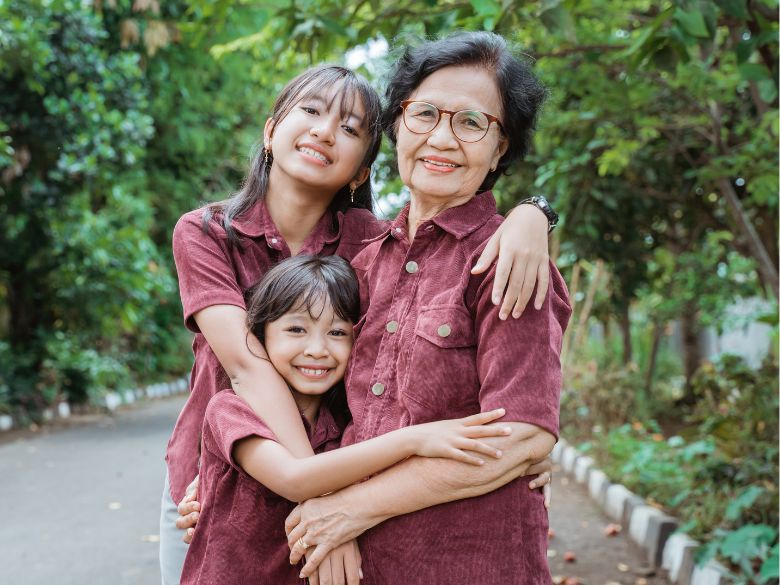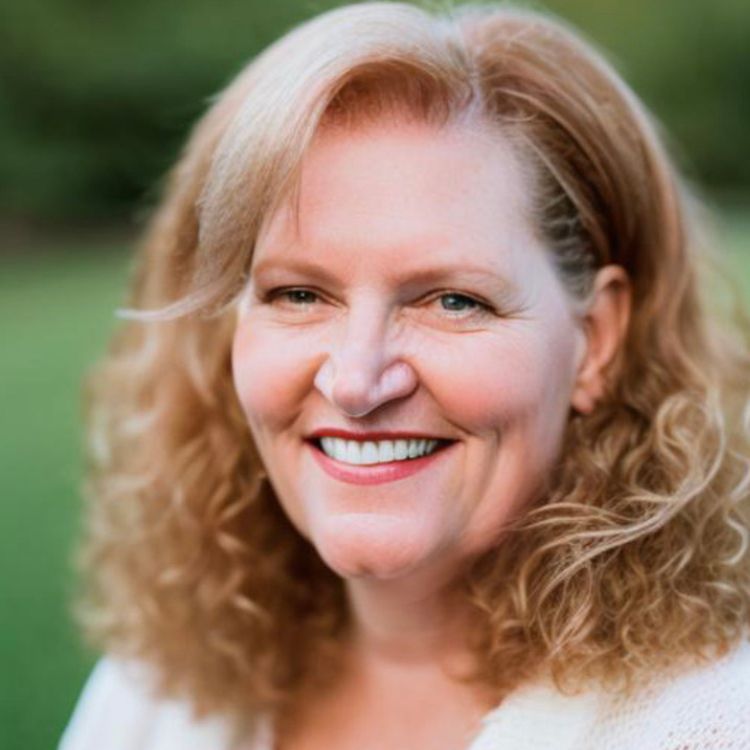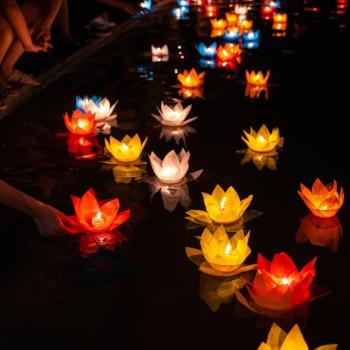
My mom is in her mid 80’s. She’s lively, active, and interesting – and she’d probably argue about all those descriptors. She simply doesn’t see herself from my point of view. More and more, I find myself surprised by the gentle way she moves through the deeper challenges of aging with as much compassion and care for herself and others as she can muster. Watching her invites me to consider both the struggle aging can be, and the need for our culture to consider the care of our elders more deeply.
In an era where the rush of daily life often overshadows the quieter, deeper connections, the act of turning towards our elders is a vital beacon of wisdom and guidance. This responsibility — to care for those who have journeyed longer than us — is more than a social obligation; it’s a reservoir of transformative insights seated in our spiritual traditions.
The Spiritual Mandate
The duty to honor and support our elders transcends cultural boundaries, deeply embedded in the fabric of various religious and spiritual traditions. It’s seen as a fundamental commandment, a manifestation of our shared humanity. In Christianity, honoring one’s parents is enshrined in the Ten Commandments , reflecting a broader obligation to treat all elders with respect and kindness. Buddhism teaches the importance of filial piety and gratitude towards one’s parents as essential to spiritual development. Similarly, in Islam, compassion and reverence for the elderly are considered virtues that reflect one’s faith. Hinduism too emphasizes the familial and societal roles in caring for the aged, viewing it as a sacred duty that benefits both the giver and receiver. These diverse teachings underscore a universal truth: caring for and interacting with our elders is a spiritual responsibility from which we gain wisdom.
Pathways to Wisdom
Engaging with elders in meaningful conversation is a direct route to their accumulated knowledge. This entails not merely listening but actively participating in the exchange, showing sincere curiosity, and valuing their insights. Through their narratives of triumph and adversity, elders can offer guidance that illuminates our path forward.
Facilitating gatherings where elders can share their life stories and cultural wisdom offers a unique opportunity for intergenerational learning. These events become a stage for the transmission of traditions, values, and lessons that have shaped their lives, providing a rich tapestry of knowledge for younger attendees. Creating mentorship relationships between elders and younger individuals fosters a dynamic exchange of wisdom and experience. This mutual exchange not only benefits the mentee with career and life guidance but also offers the mentor a sense of purpose and connection. You can find several examples of intergenerational mentoring organizations in this article on senior-youth mentoring programs
The Bounty of Elders’ Insight
Elders provide a panoramic view of life, born from years of experience. Their reflections teach us about endurance, the art of living with intention, and the importance of cherishing our connections and experiences. They are custodians of our collective heritage, holding the stories, practices, and wisdom of our ancestors. Engaging with them is an act of cultural preservation, ensuring that the essence of our identity and values is passed down through generations.
The emotional sagacity of elders — their insights into human relationships, empathy, and compassion — is invaluable. These lessons are the foundation for building a society rooted in understanding and mutual respect.
When Your Elders Have Caused You Pain
When we talk about elder care and respect, it’s important to acknowledge those who have been hurt by their elders. Caring for people who have caused us pain presents a complex challenge, one that requires a deep well of compassion, understanding, and personal growth. This journey often starts with the process of forgiveness, not necessarily for condoning past actions, but as a means to liberate oneself from the weight of lingering resentment and to foster healing. It involves setting healthy boundaries to protect our well-being while also offering the necessary support. This might mean finding a balance between direct care and arranging support from others when direct involvement is too painful.
Engaging in open, honest communication, when possible, can pave the way for reconciliation and understanding. It’s also crucial to seek support for ourselves—through friends, support groups, or professional counseling—to navigate the emotional complexities this responsibility entails. Ultimately, caring for such elders becomes an exercise in empathy, showing kindness not because it is owed, but because it reflects the depth of our own character and our capacity to rise above past hurts.
A Collective Journey
The journey to honor and learn from our elders is a shared venture that enriches us all, knitting together the fabric of our communities with threads of wisdom, respect, and love. It’s a reciprocal relationship, where the act of giving care brings joy and fulfillment to everyone involved.
As we navigate the future, we have an opportunity to heed the spiritual and ethical calls to revere and learn from our elders. By doing so, we cultivate a society that values a certain depth of wisdom, respects its bearers, and thrives on the teachings of those who have walked the path before us. It’s a voyage that promises to enrich our lives, offering lessons in love, resilience, and the essence of human connection.
And, the wisdom we gain will allow us to be better elders ourselves.


















